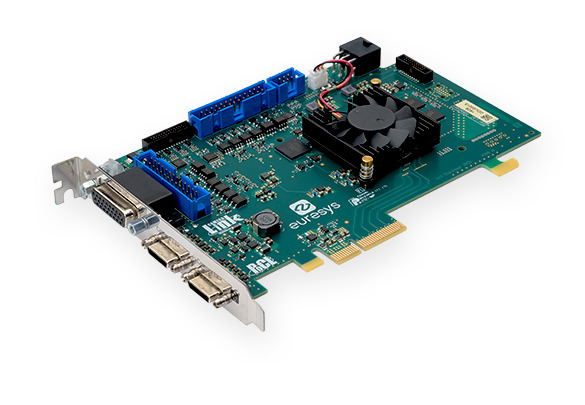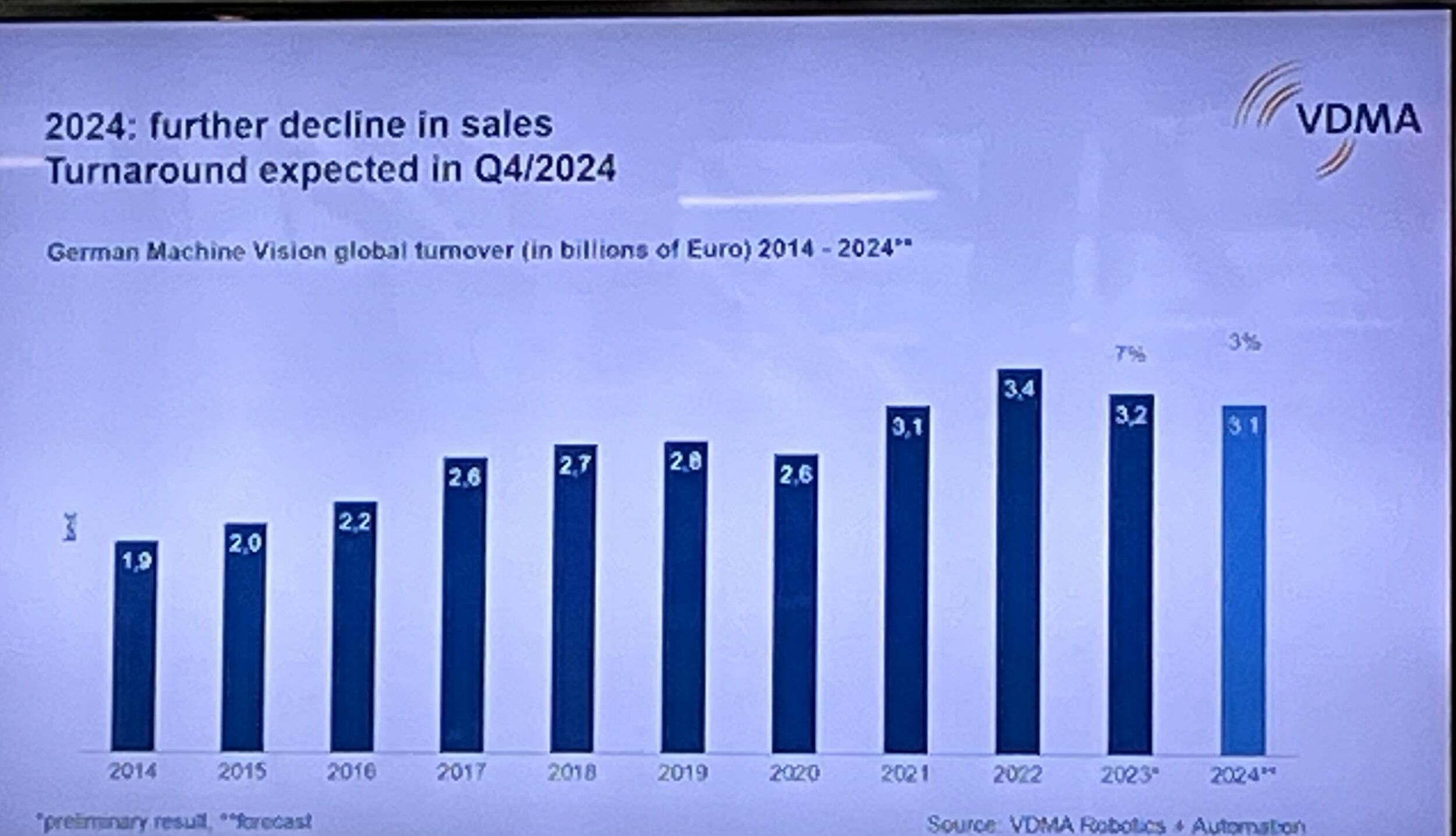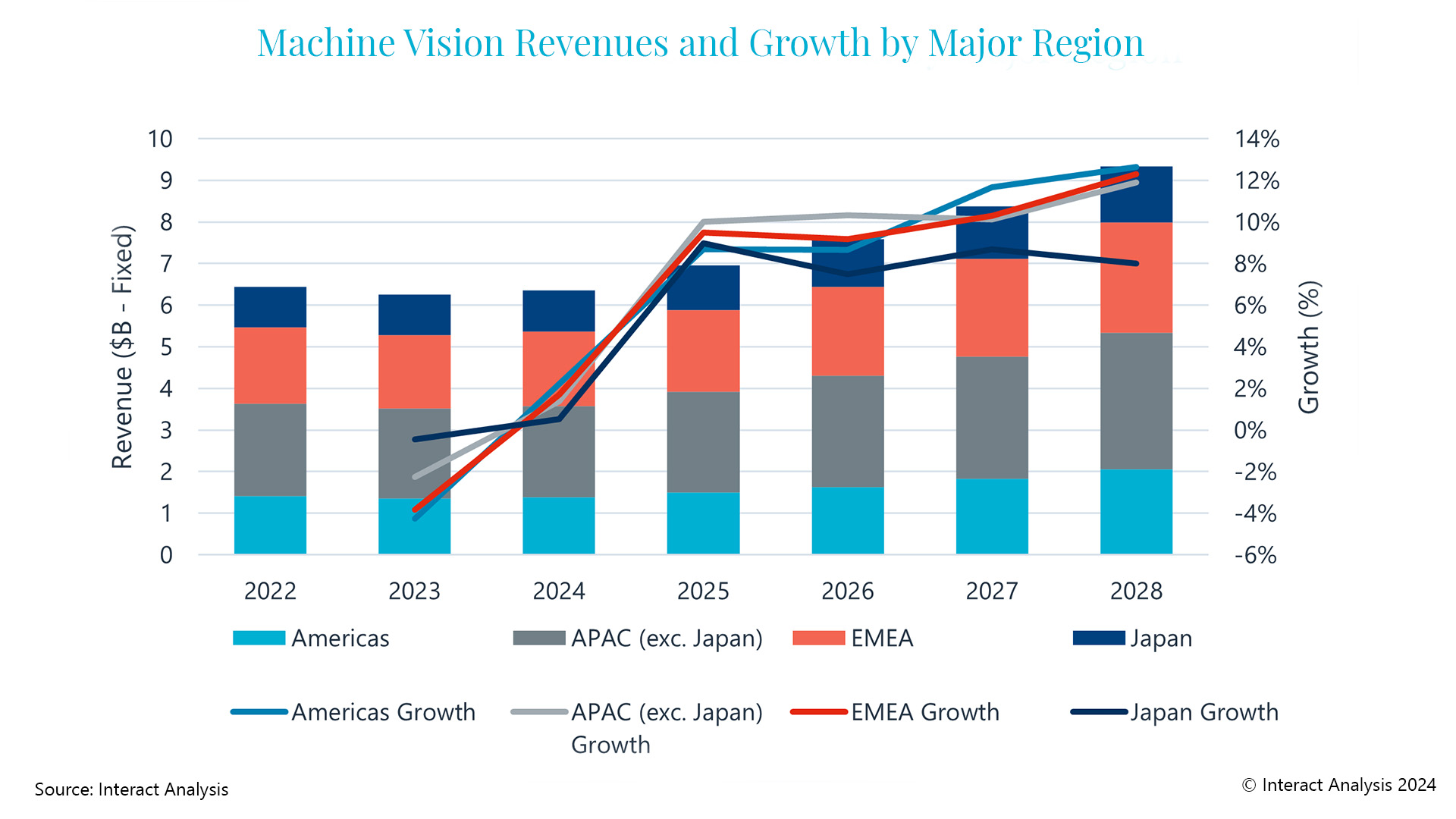Can you tell me a little bit about the use of ACAPs for artificial intelligence applications?
Saban: Among Versal’s intelligent engines is the AI engine, a key enabler for many of Versal’s target markets. The software programmable, hardware adaptable AI Engine addresses both the compute density and the memory bandwidth needed for high throughput and low latency Machine Learning. The massive array of interconnected VLIW SIMD high-performance processors with local memory offer up to 8X compute density for vector-based algorithms vs. programmable logic and at half the power. These engines are optimized for deterministic, real-time DSP and AI/ML computation and suited for applications from cloud, to network, to edge and endpoint. AI Engine is tightly coupled with adaptable hardware for custom compute and flexible memory hierarchy to maximize performance. Alongside these adaptable hardware engines and scalar engines, the AI engine is part of a complete heterogeneous compute platform where deep learning can be infused as an element of a larger application that has other pre/post processing requirements.
Are there already benchmarks available, to compare Versal with other devices?
Saban: Multiple performance projections for Machine Learning inference throughput for Versal VC1902 can be found in the media presentation delivered at XDF San Jose 2018. Xilinx’s initial benchmark ratings show the Versal VC1902 delivering 3.5X low-latency CNN throughput against Nvidia T4 in a 75W power envelope, and 4.2X low-latency CNN throughput against a high-end Volta V100 GPU. These Versal performance numbers assume 60 percent of the VC1902 device is reserved for user functions, such as network attach or video processing. 5X wireless compute versus UltraScale+ is also cited in the presentation. From the technology announcement in March 2018, 20X AI Compute performance is cited in a comparison to Virtex UltraScale+ (VU9P) for Machine Learning inference for image recognition.
What about ACAPs in the classic machine vision application?
Saban: Xilinx will be announcing Versal devices for edge applications such as machine vision some time in the future. These will leverage Versal’s scalar engines, adaptable engines, intelligence engines, and high-throughput connectivity from highest-resolution image sensors to frame grabber cards or industrial networks. Versal will excel in enabling the next generation of smart machine vision for the most compact and capable solution on the market.
Which devices of the Versal series are already available, which will be added in the future?
Saban: Versal is comprised of multiple device series, including AI Core Series, AI RF series, AI Edge series, Prime, Premium, and HBM. Product details of AI Core and Prime have been announced. Details of other device series will be disclosed at a later date.












